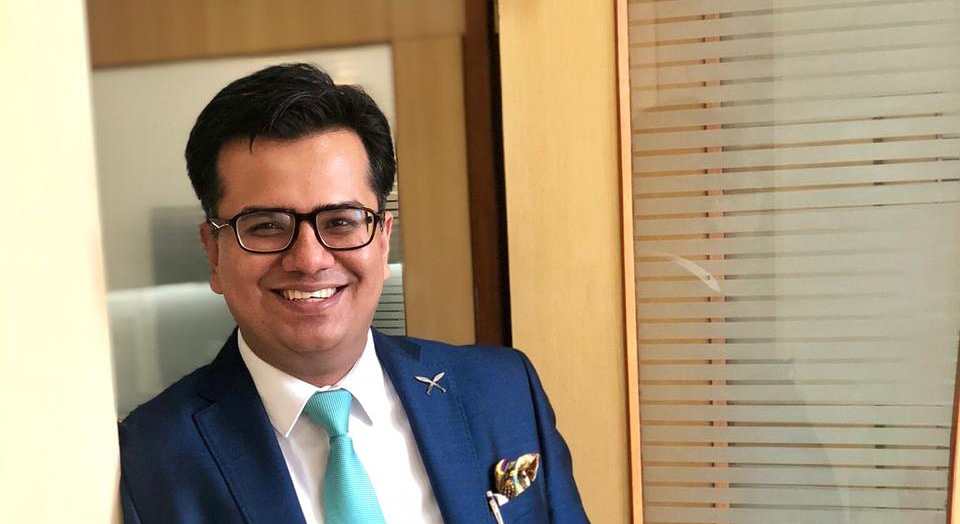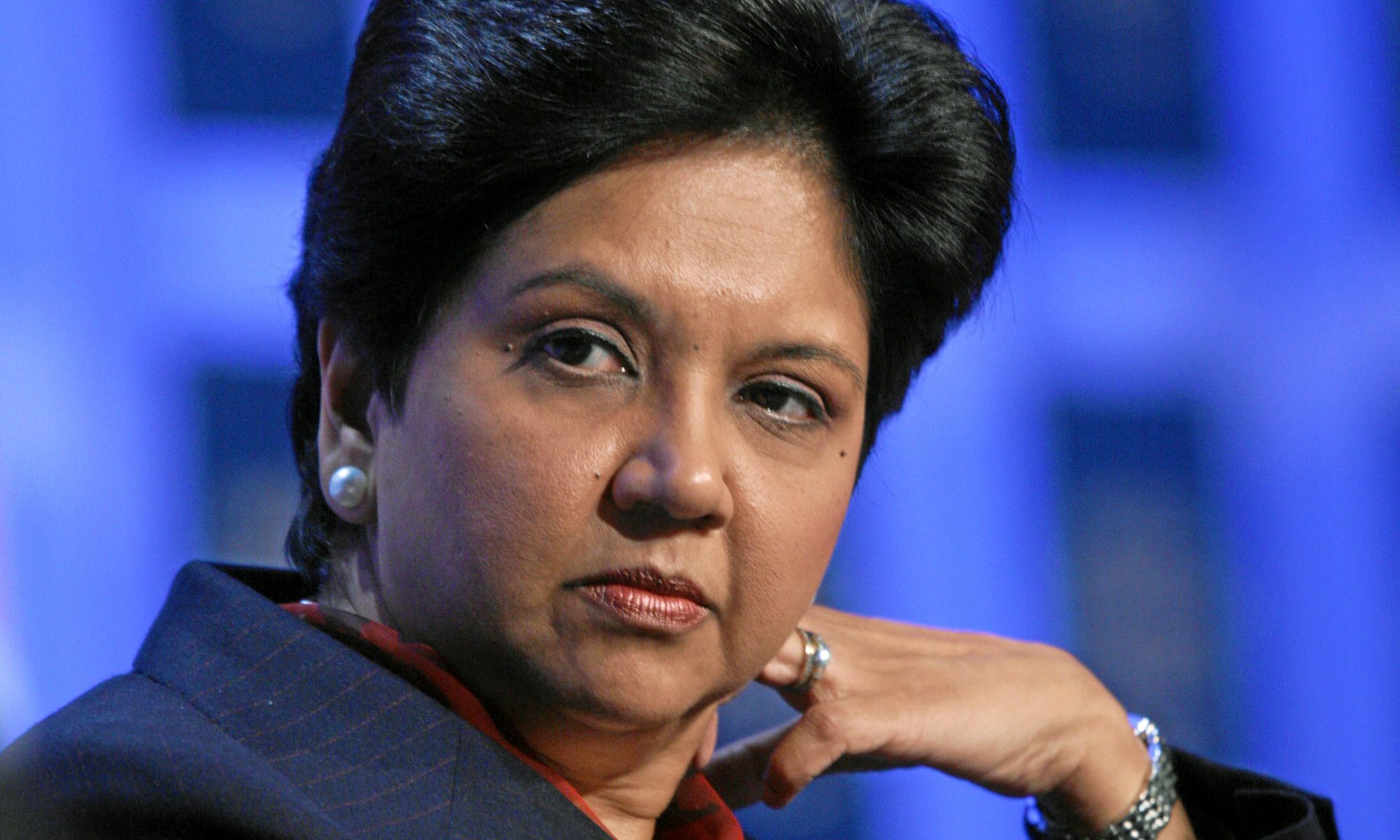Developing a mindset of continual learning for the future of work and inclusive leadership will underpin the MBA at Newcastle University Business School, explains its Director and Professor of Leadership and Organisation Studies, Sharon Mavin. Interview by David Woods-Hale
You joined Newcastle University Business School during a momentous year for the School as it celebrated 30 years of AMBA accreditation. What attracted you to the organisation?
I was attracted by the stage of development of the School. It’s going through a period of growth and is expanding its presence with an additional building. It’s triple accredited and has world-class research, but at the same time there was an appointment of a new Vice Chancellor and Deputy Vice Chancellor, so there was an opportunity to join a brand new team and look at really embedding the Business School into the University and developing a vision around the future of work and leading on leadership.
I previously led Roehampton Business School, University of Roehampton, London, as Director and before that I was at Newcastle Business School, Northumbria University, as Dean and Associate Dean Research.
At Newcastle University Business School, there is an opportunity to look at an interdisciplinary approach in terms of the stage of development of the Business School. The challenge facing Schools today is to prepare students and graduates for problems that are not just around business and management; to be able to take a more interdisciplinary approach to thinking and problem solving and to prepare business, management, economics, accounting and finance students, for the future of work, when we don’t know what that future will be. The jobs they will be doing in the future don’t actually exist now.
In Newcastle, we have two national innovation centres (one in data and another in ageing) and integrating the Business School into the work of these centres is a fantastic opportunity to expose our students to further world-class research.
What do you think draws prospective MBAs to Newcastle?
When I joined the School, we were celebrating 30 years of AMBA accreditation and this is a testament to the Newcastle MBA. While it has changed and evolved, it’s still a very progressive MBA programme, which details a journey of transformation for the individual student, combined with innovative curricula, real-world interaction and the internationalisation of the programme on a global scale. For example, this year, our international study tour is to Brazil.
We welcome students who are ready and committed to a journey of personal transformation and change, and offer them the knowledge, skills, and exposure to international experiences plus international approaches to business and management.
What keeps people coming to us is a combination of our first-class reputation for academic excellence, high graduate employability and excellent student experience. It’s an all-round journey of personal transformation.
What skills do you think MBAs should be demonstrating upon graduation?
We are in an ongoing dialogue with external organisations, our advisory board, our academic team, our students and employers, asking what a Newcastle University Business School graduate and post-graduate should know, and what they should stand for.
In terms of key knowledge expectations, these would be the same as for any MBA graduate: being able to develop personal resilience; to thrive in complex and chaotic situations and those in which there is ambiguity; to make clear judgements based on information and evidence; being informed by a commitment to ethical corporate social responsibility; having a commitment to gender inclusive leadership, which will become increasingly important in our MBA; and being able to work individually and also as part of a team.
Our corporate and organisational partners are talking to us about continual learning and they want people who can embrace change and accept that the MBA is not the end – they want people who want to learn for life. This means being prepared for the future of work, but also to learn, change and adapt in order to influence, lead and shape their future and their own future careers. This goes far beyond knowledge of business and management.
How do you view ethical management?
As part of our vision, we see ourselves as a globally renowned international Business School that is building a responsible future, through our graduates and post-graduates, for both business and society globally. It’s certainly a core value of Newcastle University around sustainability and responsible management. In the MBA, we have both a corporate social responsibility module, but also a commitment to ethical behaviour and personal values running all the way through. The Newcastle University Business School post-graduate has a strong understanding of their own personal values and what they stand for.
Do we need a new metrics system to measure MBA programme success?
We would argue that there does need to be a new metrics system for measuring success, not least beyond international diversity, to include gender diversity and different elements of intersectionality for the type of cohorts we’re learning with.
From my point of view, coming in as a new Director, one of our scholarships for next year will be for a woman, who will work with us exploring gender-inclusive leadership. This will be a scholarship that signals that women are very much encouraged to join our Business School. We know that all UK Schools have a long way to go regarding ‘gender on the agenda’ in all kinds of ways, as evidenced in Athena SWAN action plans. Gender equality is a core value of mine. We want to be explicit about our commitment to gender inclusive leadership.
It’s not just about cohort size if you’re trying to bring a balance of international and gender diversity into the MBA learning environment.
As a female Business School Director, do you feel like you are trailblazing the way for other women?
I’m the first woman Director at Newcastle University Business School. In my first semester, I think I made an impact on the academic group, because colleagues see my commitment to talking openly about the gender pay gap, gender inclusive leadership or gender on the agenda in curricula. I’m not afraid to have these discussions.
I want to award a scholarship to a woman with aspirations who envisages a major transformational journey. I will be involved with that learning journey as a mentor and with the students on the programme and I’m hoping to make a positive impact.
You’ve done some work with Board Apprentice Global Scheme on diversity. Can you explain some more about this?
It’s a not-for-profit franchise that offers an immediate solution to the lack of diversity in the boardroom because it is, in effect, a development programme for people and boards to develop experience that they wouldn’t otherwise have had. Introducing diversity to company boards through an apprenticeship scheme.
I went through a selection process to become a board apprentice for a JP Morgan Investment Trust. I wouldn’t ordinarily have been in a position to have this experience. I’m in higher education, I’m from the north of England and I didn’t have any non-executive (NXD) board experience other than committees to do with higher education. I went through a selection process and joined the JP Morgan Claverhouse Investment Trust plc.
I had the privilege of observing the board for nearly 18 months and joining board activity across the different methods that it uses to govern. I engaged with the Chair of the board, other directors, the fund managers, the board business and enjoyed learning more about the financial investment sector – including the AGM and meeting shareholders.
This increased my experience of governance and knowledge as a NXD If I hadn’t recently moved into the Director role at the University of Newcastle, I’d have already applied for NXD with this new knowledge and experience and therefore offering diversity to other boards.
The Board Apprentice offers people, who don’t necessarily have the ‘right’ knowledge and experience, opportunities for development. This programme looks at diversity beyond gender and encompasses ethnicity, culture, sexual orientation, age, disability, personality and skillset. Simply by observing a board, an apprentice can change the dynamic within it. Through the chair, I was able to ask questions of the board offline to help understand and refine my own decision making. Having a board apprentice is a positive, committed action and adds to the diversity of established thinking within boards and increases the pool of people who are able to apply for NXD positions.
I also met with the London Higher Group of Universities which has started a board apprentice journey. It’s working with corporate organisations, enabling people from universities to become NXDs and their councils and senates are engaging with board apprentices from the corporate sector. Universities require diversity on their senates and councils in the same way that FTSE firms do. Universities are not exempt, but it can be very challenging to reach outside the University community, to get the diversity you need.
Board apprentice programmes build a pipeline of people who are ready for their first board position. Because of my subject area, I’d never worked in the finance sector in that level of depth and the opportunity allowed me such a good exposure to the sector, which benefited my own personal development.
Do you think there’s still too much talk and not enough action on gender inclusive leadership?
Up until about six months ago, I would have said ‘absolutely yes’, but I think now, we’re hitting a tipping point of what has been acceptable and what’s not. This might be around the gender pay gap, sexual harassment, and the gendered representation in the media of women leaders – which has a major impact on socialising future leaders.
The media shows Hilary Clinton or Theresa May as powerful women leaders, but are talking about what they wear or how they look. This is being challenged and becoming unacceptable. The backlash to the US presidency race will also be a part of the tipping
point I’ve just described. People are becoming more comfortable with calling out gender discrimination.
You cannot be what you cannot see. We want students to think more critically about what they see when they see leadership images and how leaders are portrayed around them; some of these messages are so normalised, they don’t realise how sexist they are.
One of my key next steps is to consider how to develop gender-inclusive leadership with men and women students, because change is not just the responsibility of women.
Our students are letting us know when they see men-only guest speakers or panels and expect to engage with leaders and entrepreneurs of both genders. I use the term ‘gender inclusive’ because we need to pull the models apart, so everyone can relate to the terminology.
Do you feel optimistic about the future of Business Schools and business education?
I feel very optimistic about business education that understands what we have to do now and in the future and is different to what we’ve done in the past.
Providing personal development journeys that engage with the whole person rather than comprising knowledge transfer is a fantastic opportunity.
From our point of view, in our School, we’ll be educating and developing for the future of work and leading on leaders for a future we can shape – this is a positive way of looking at massive change, continually.
How do we prepare people to engage and learn in an unknown future of work
This will be about developing the knowledge, skills, values and open mind sets for a future we don’t even know yet.
That’s a challenge I’m excited about.













































